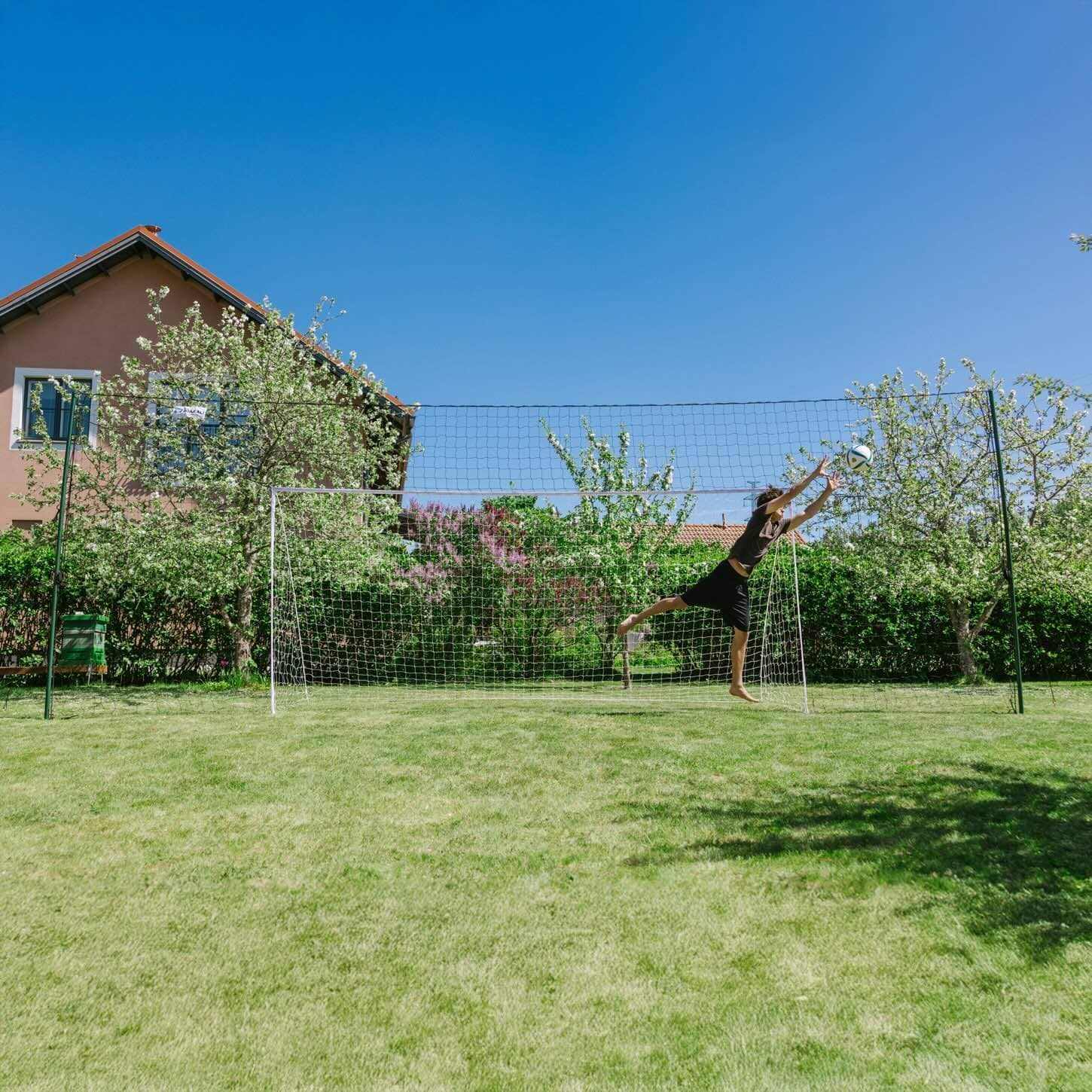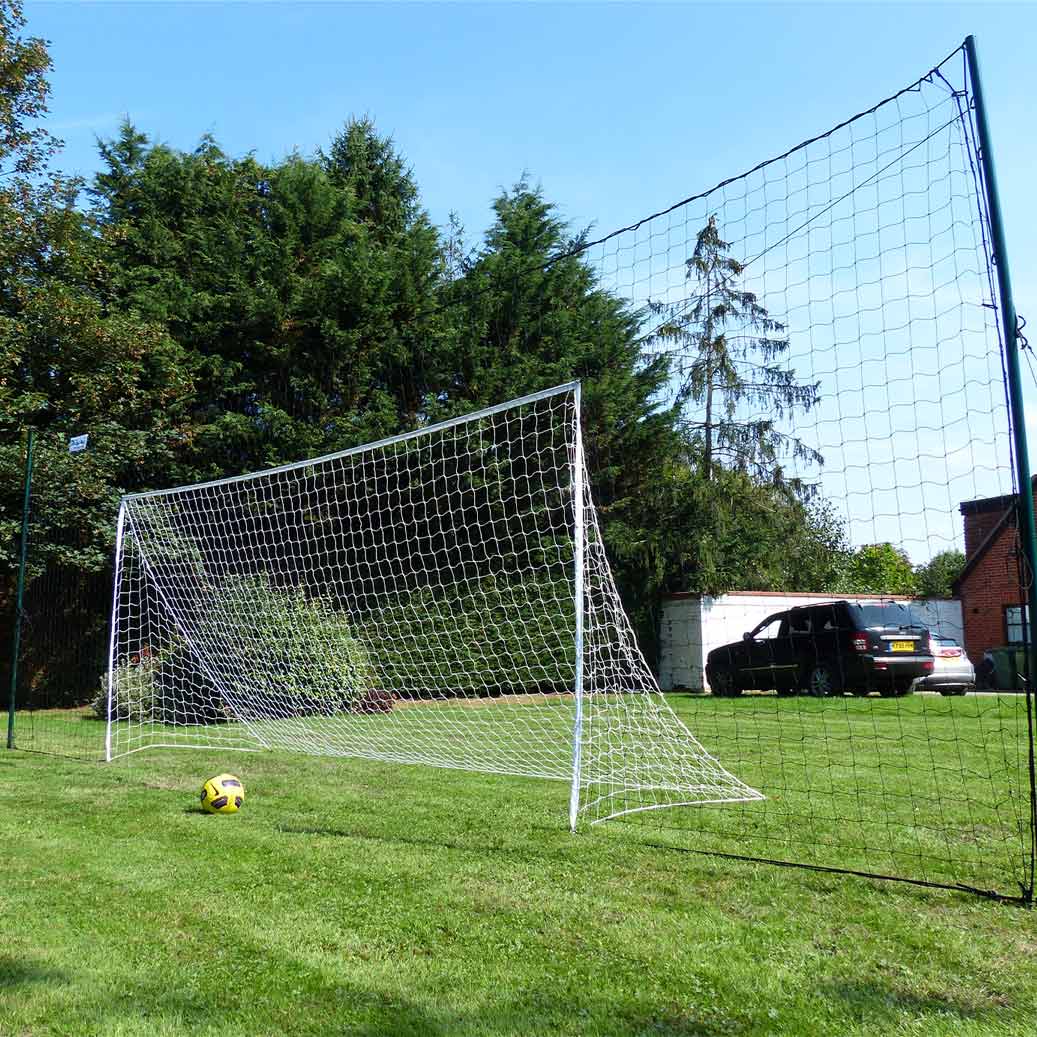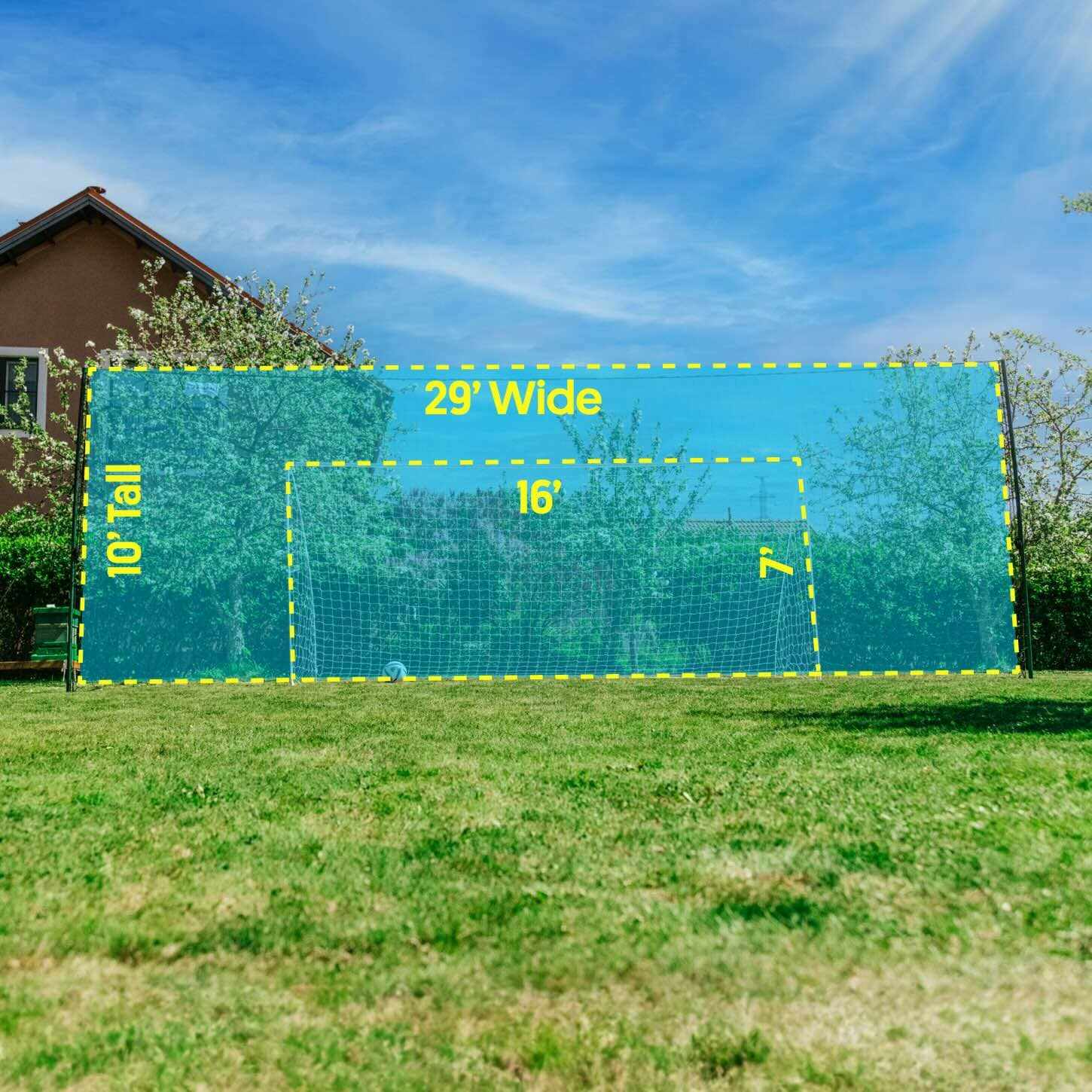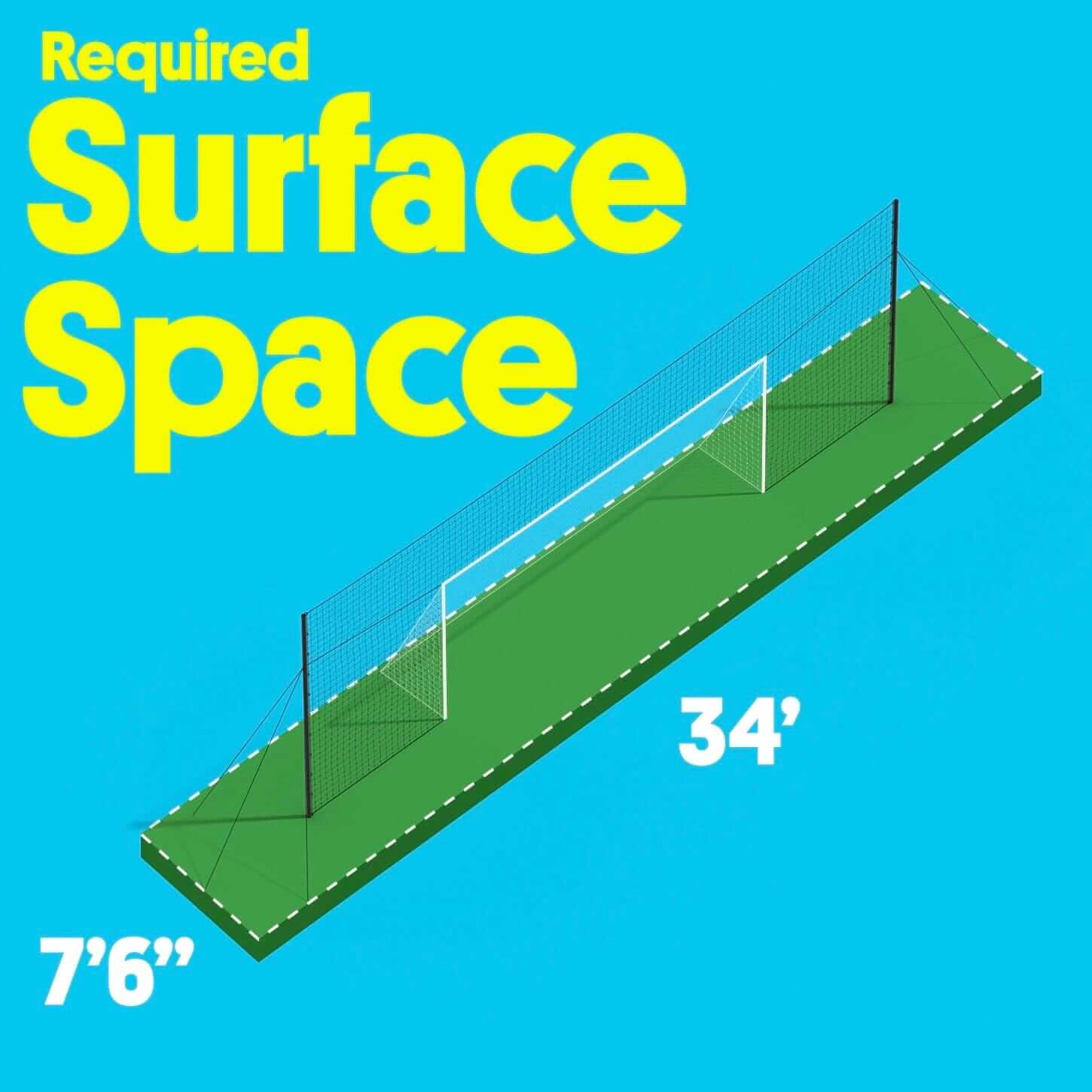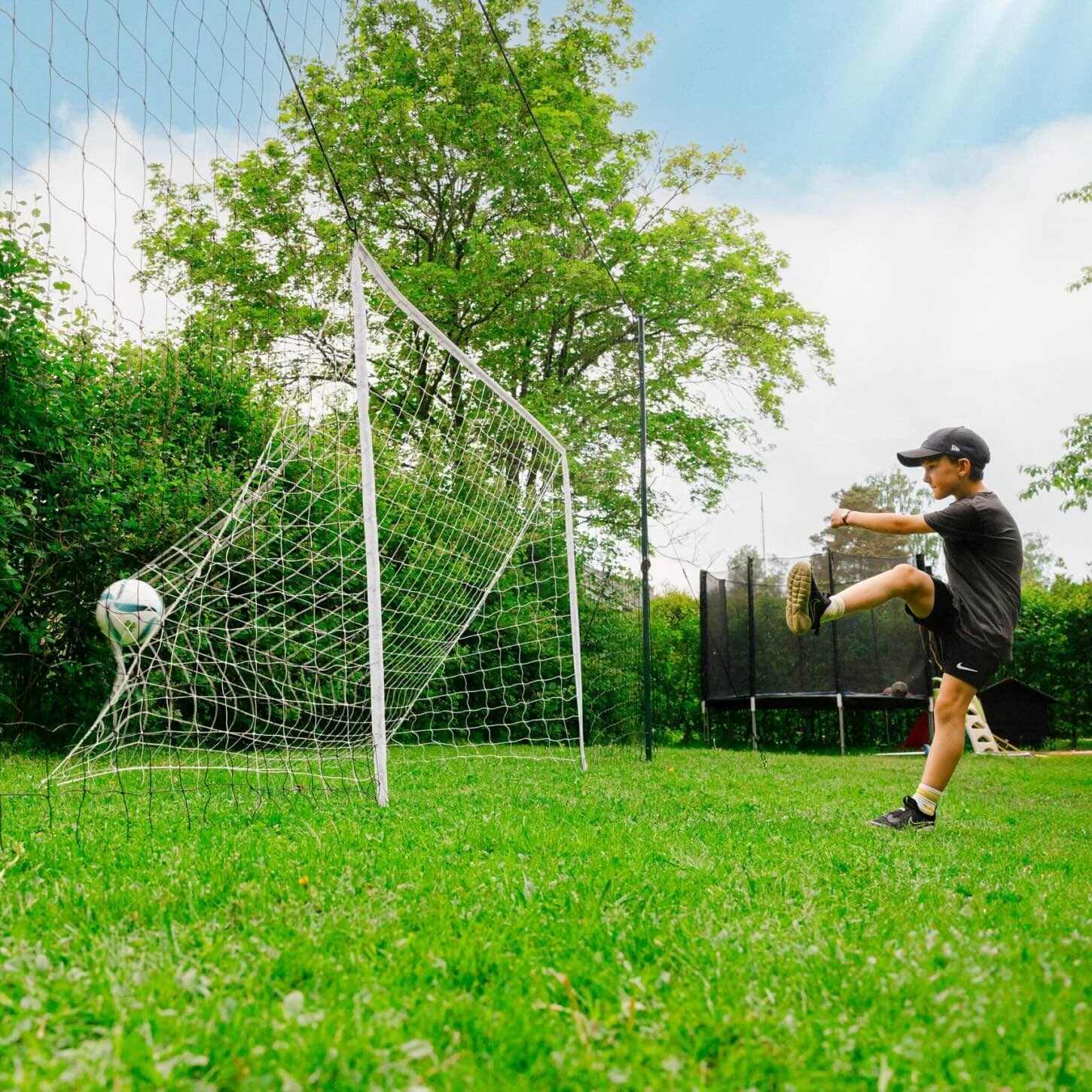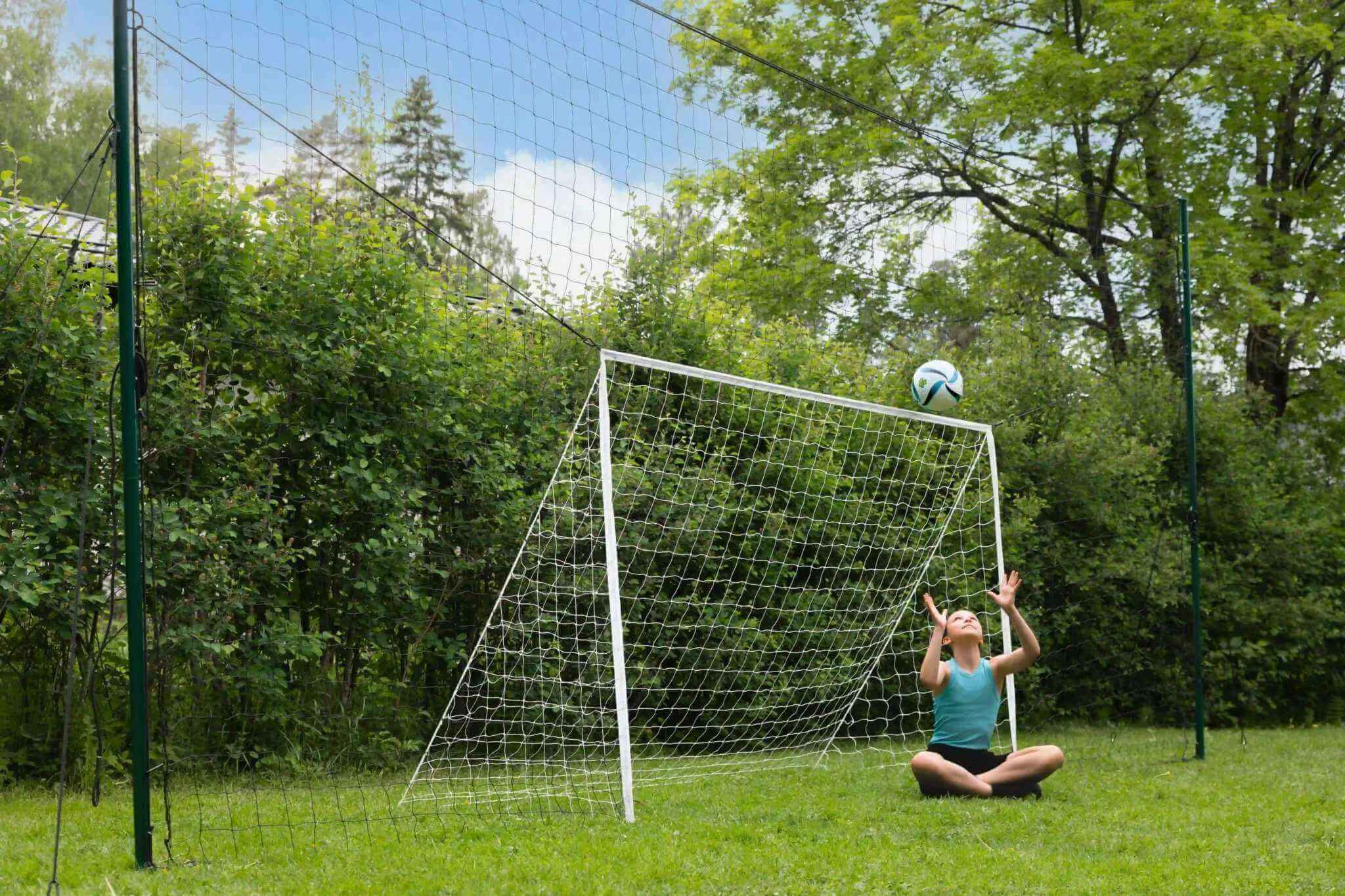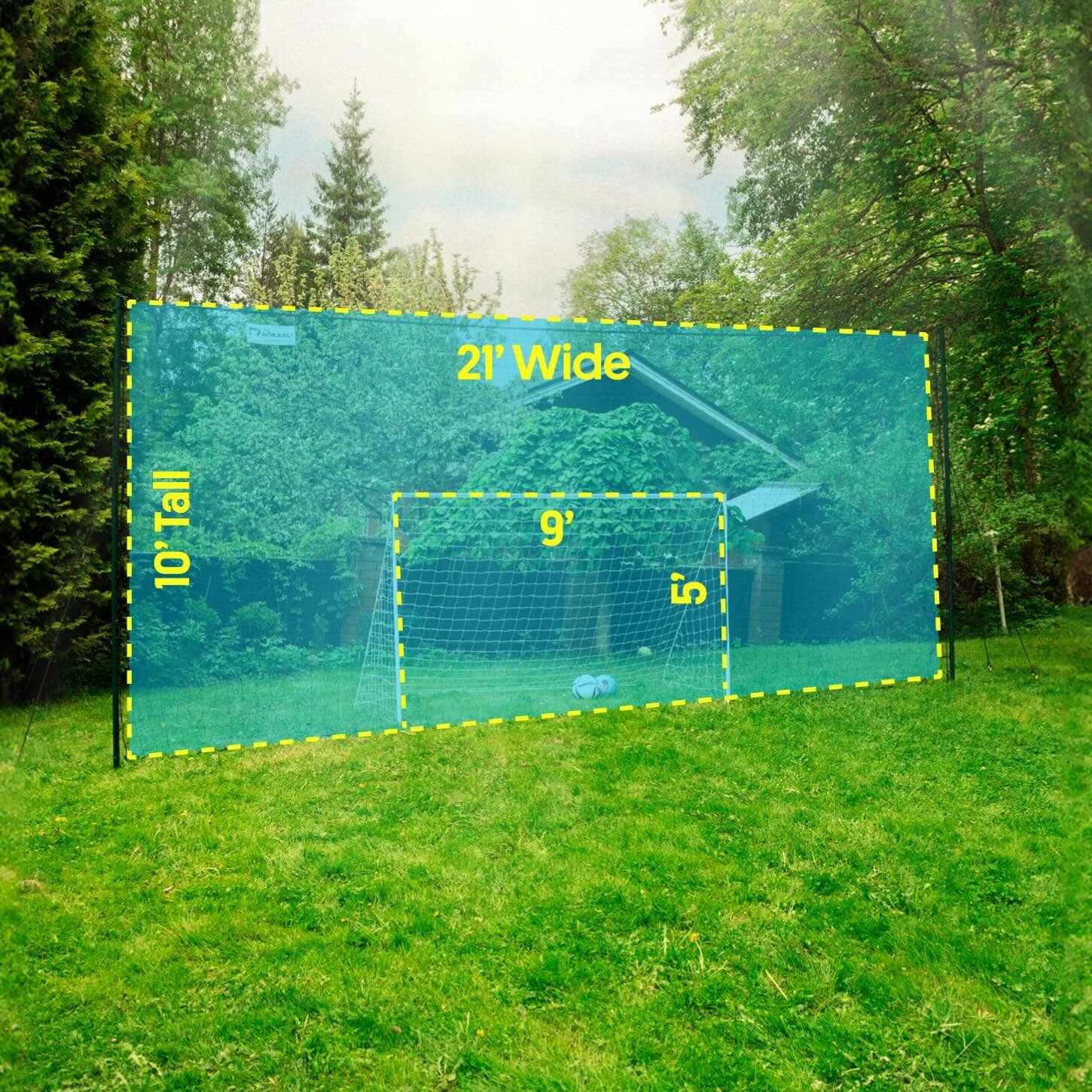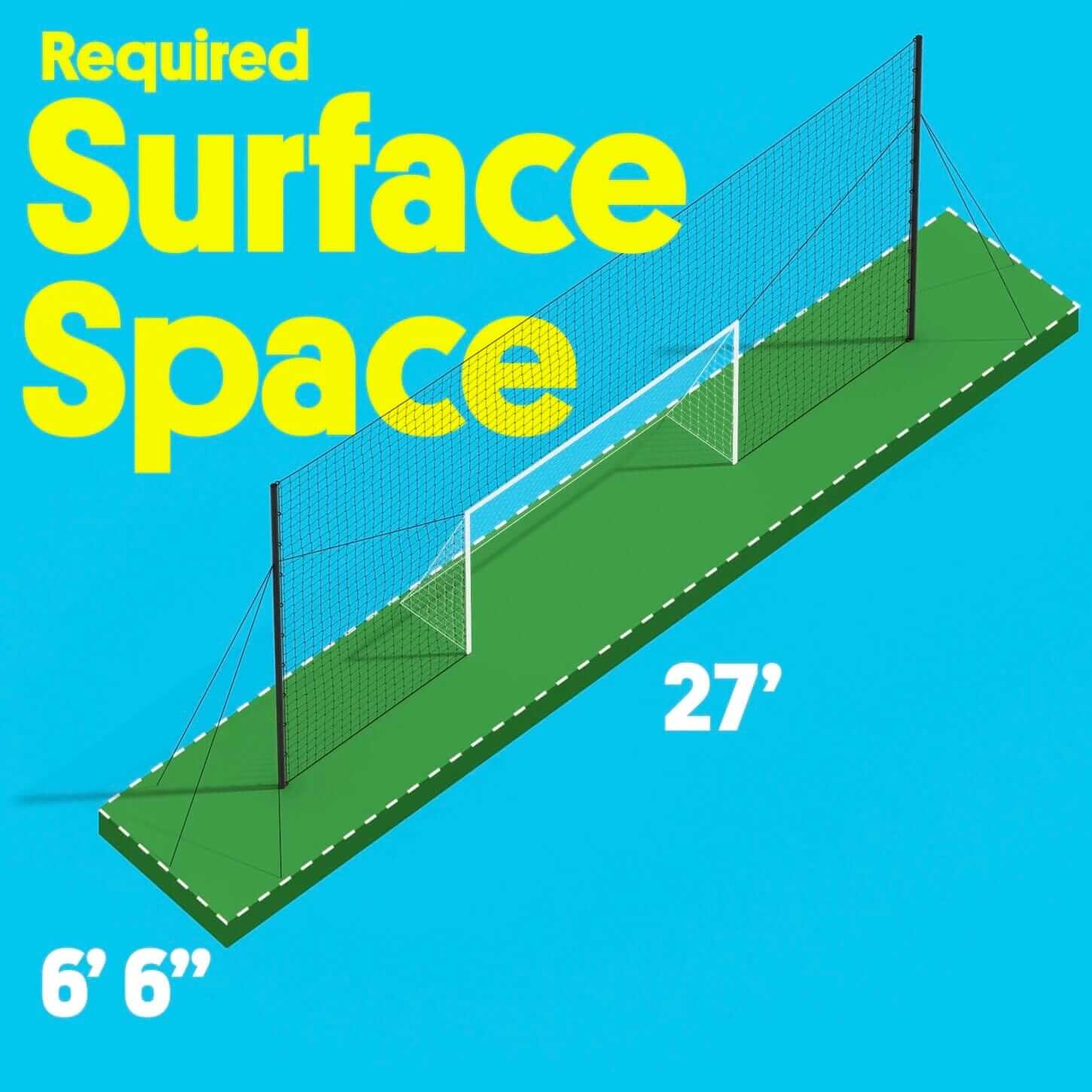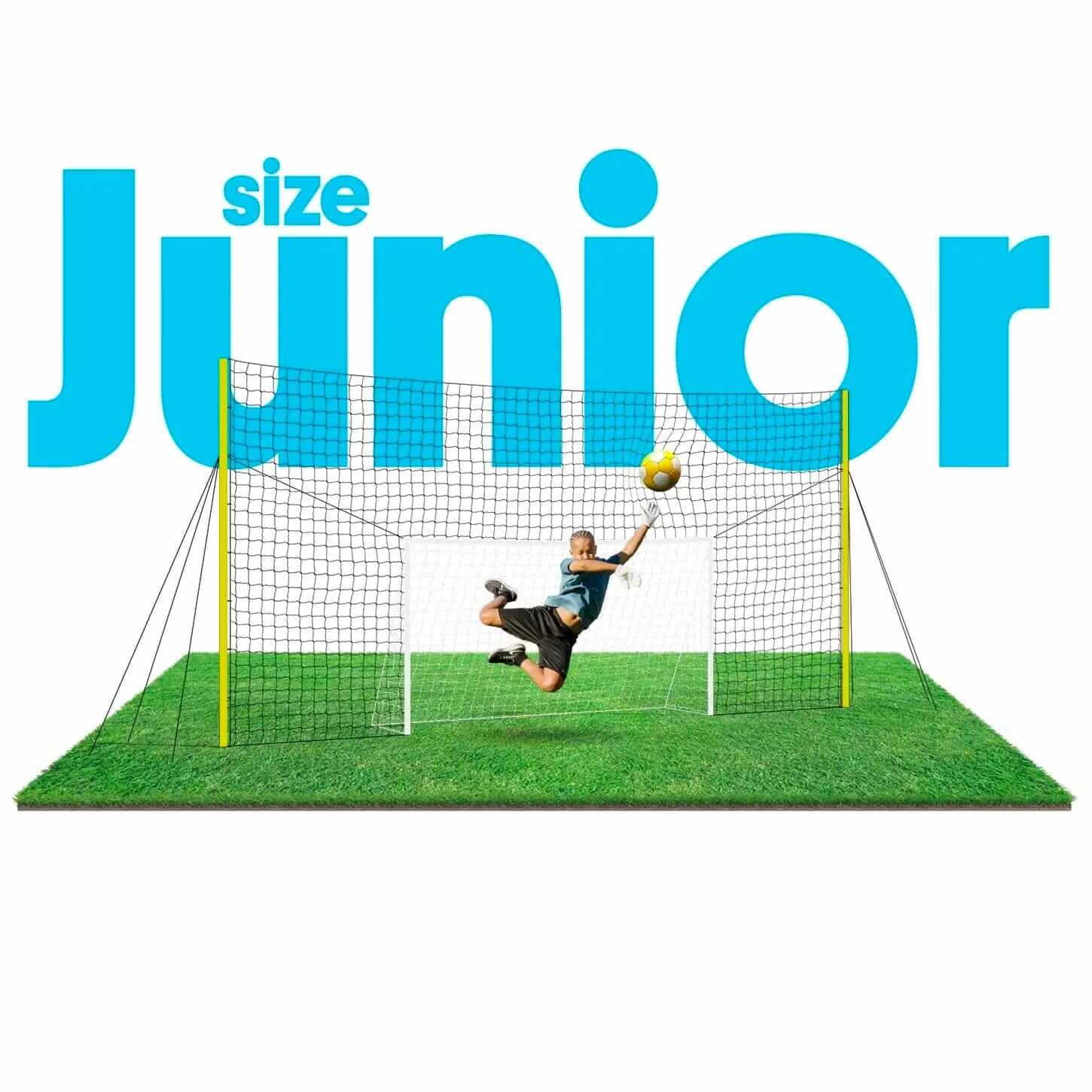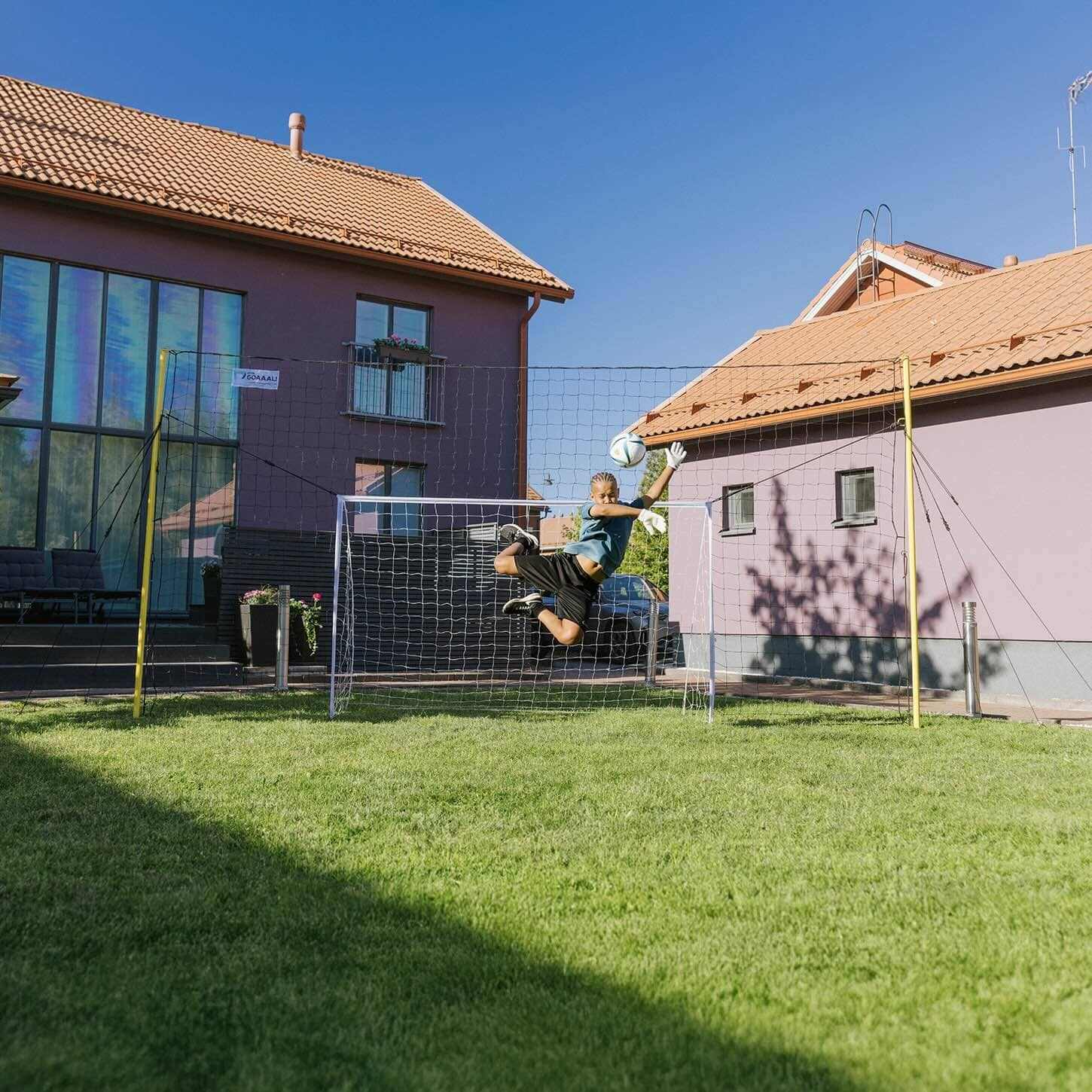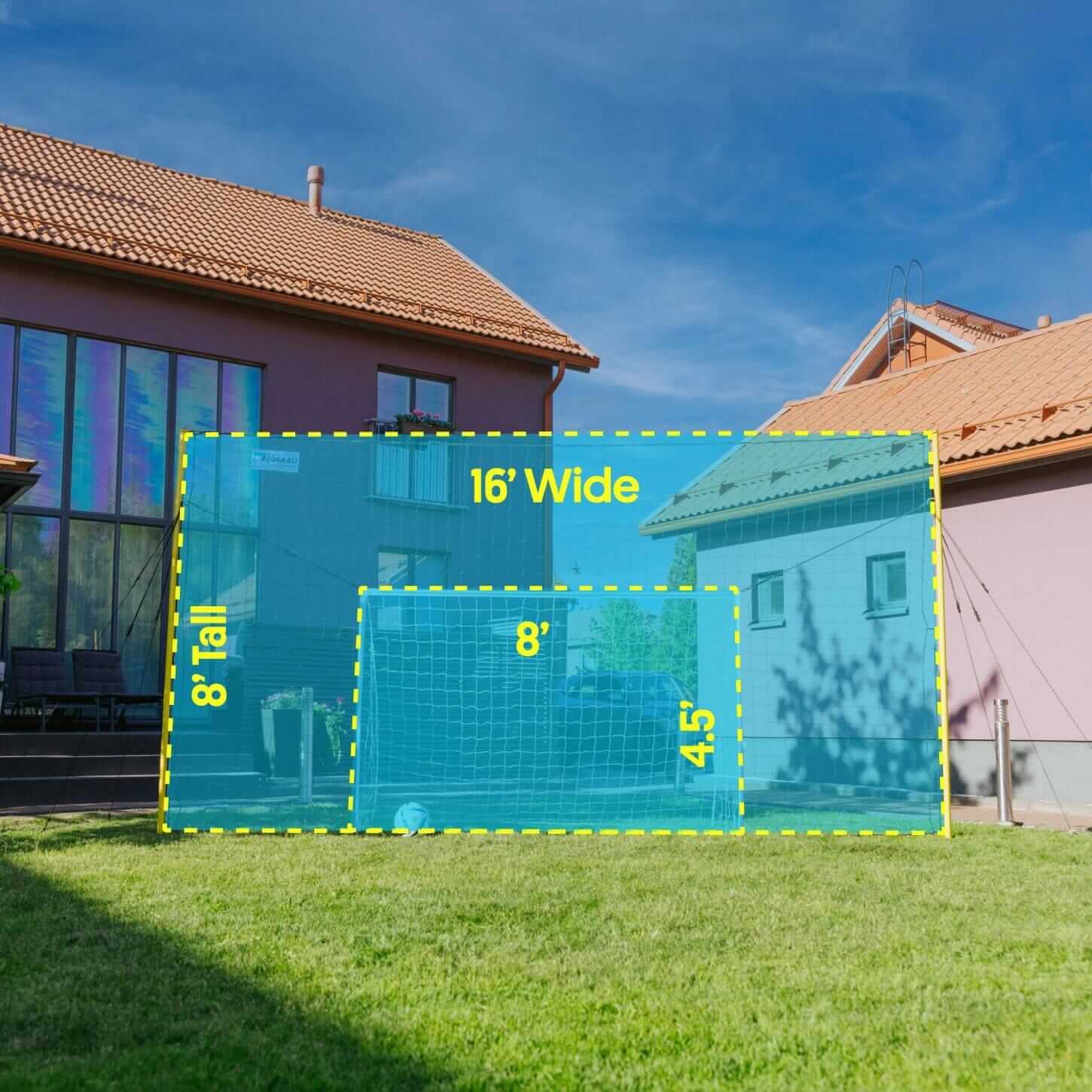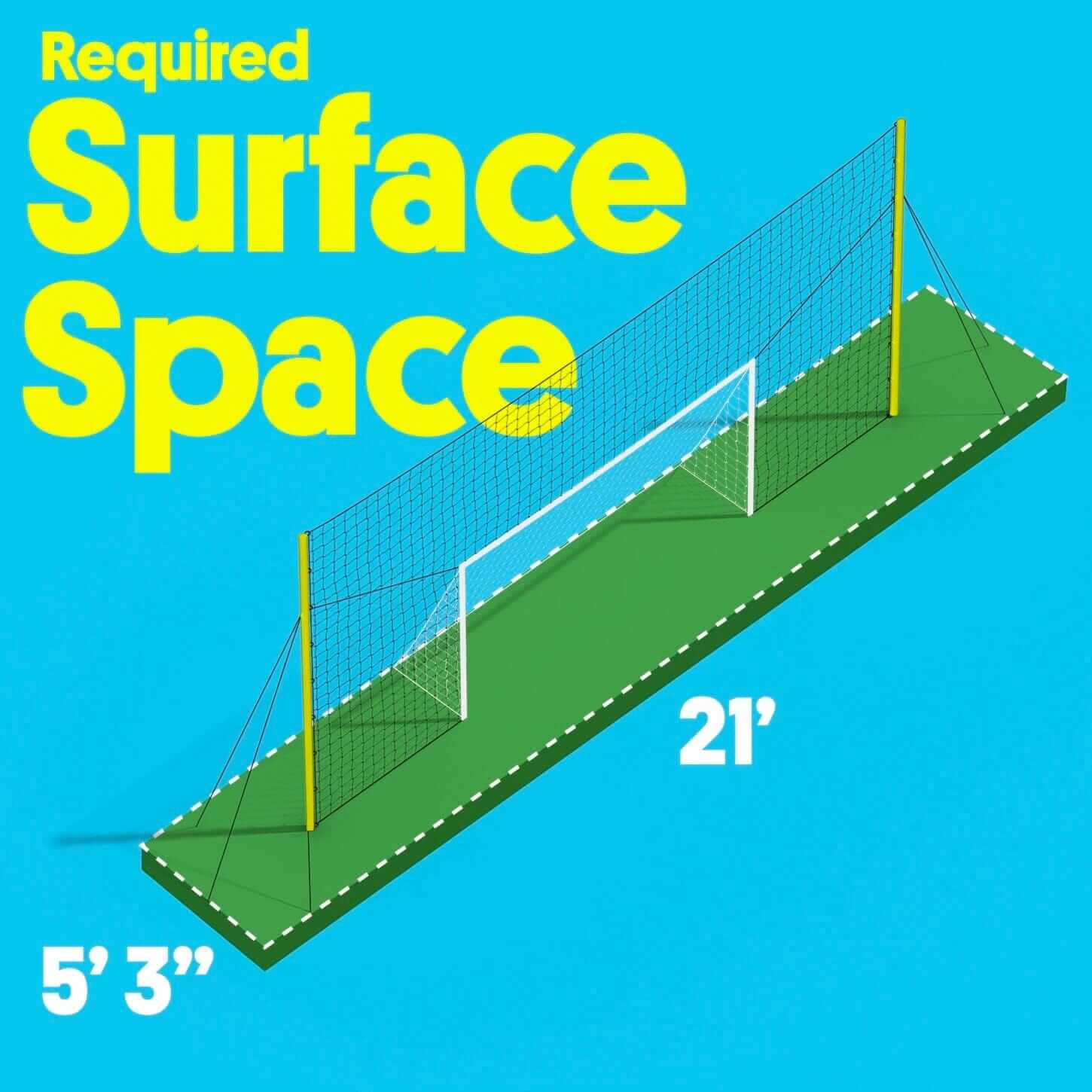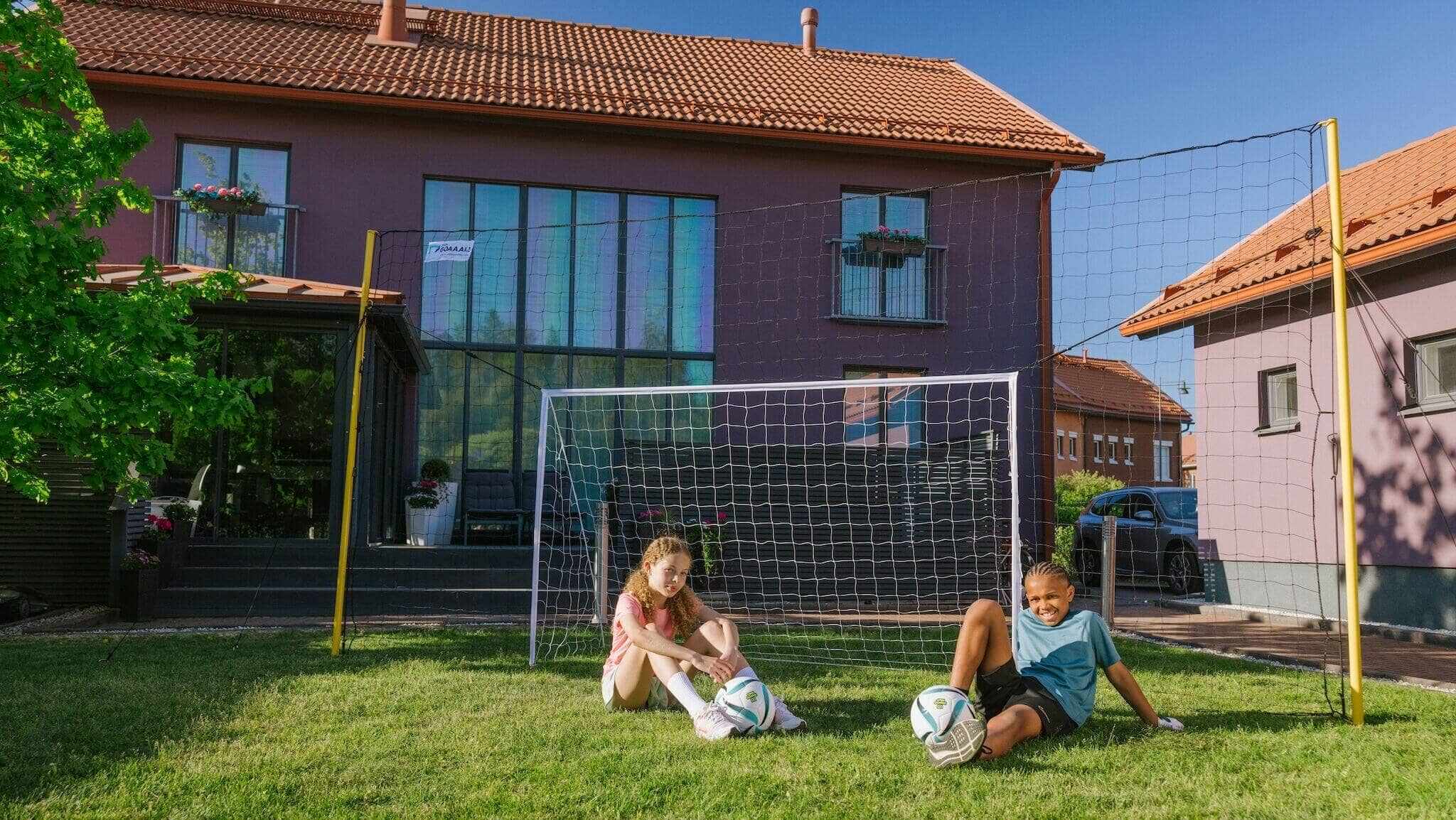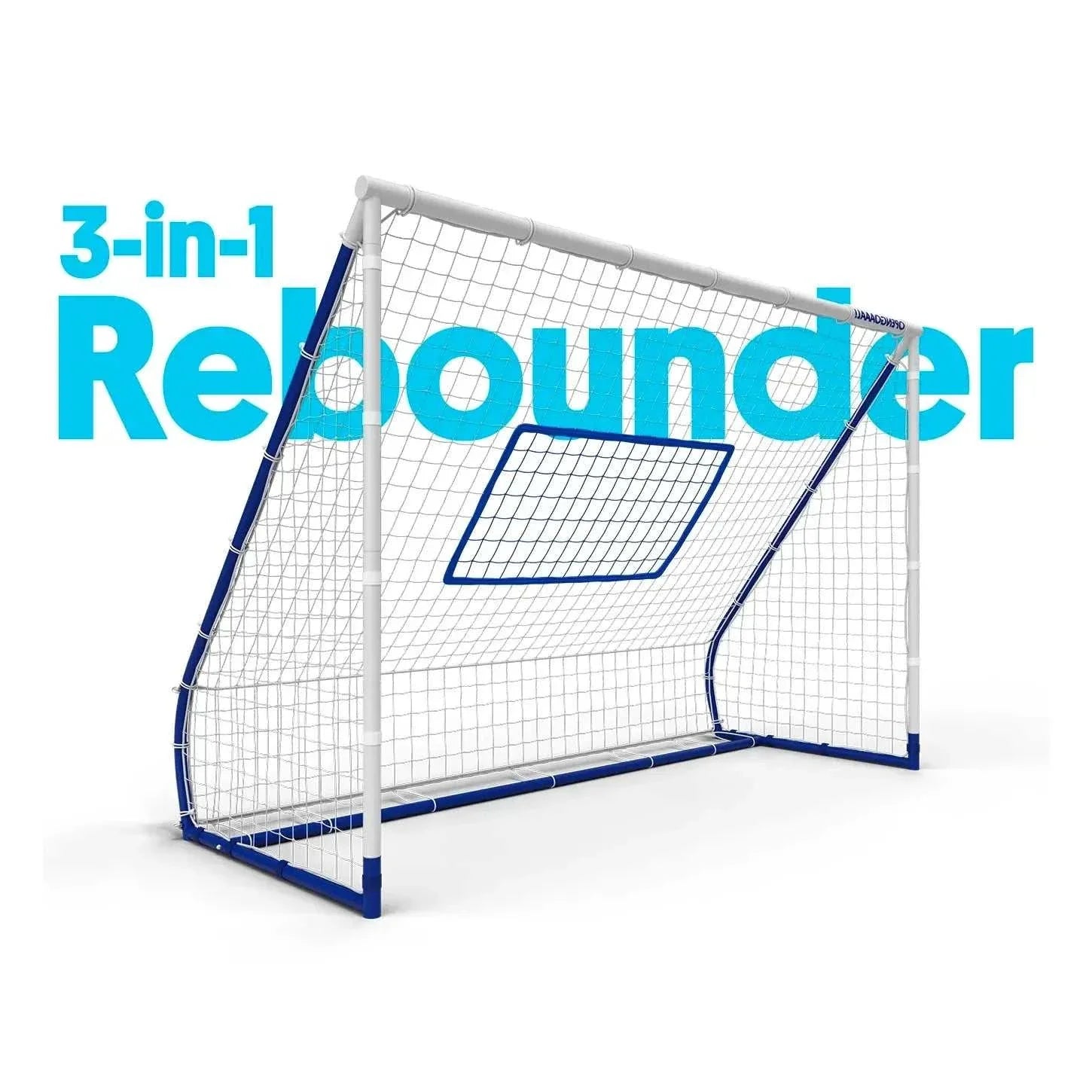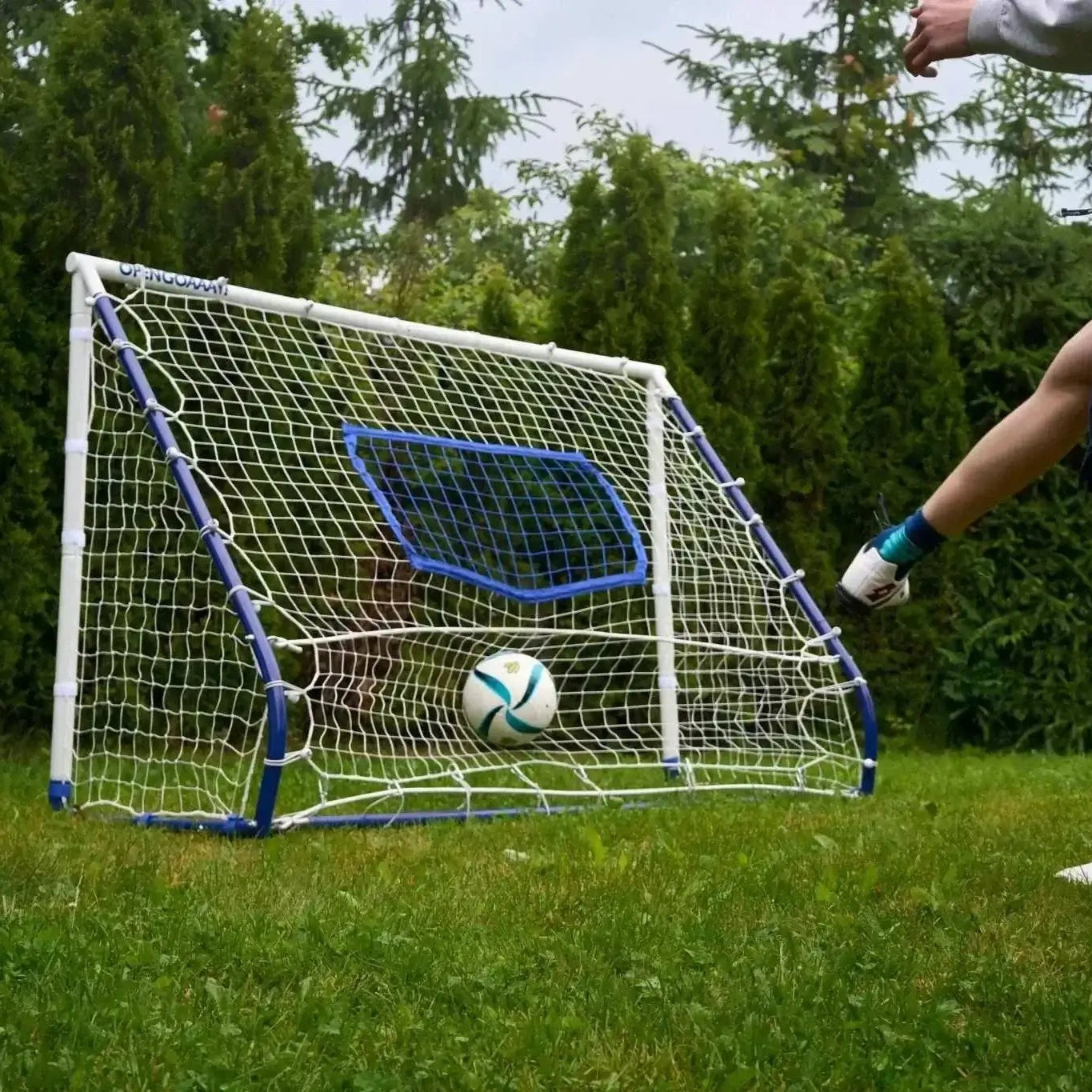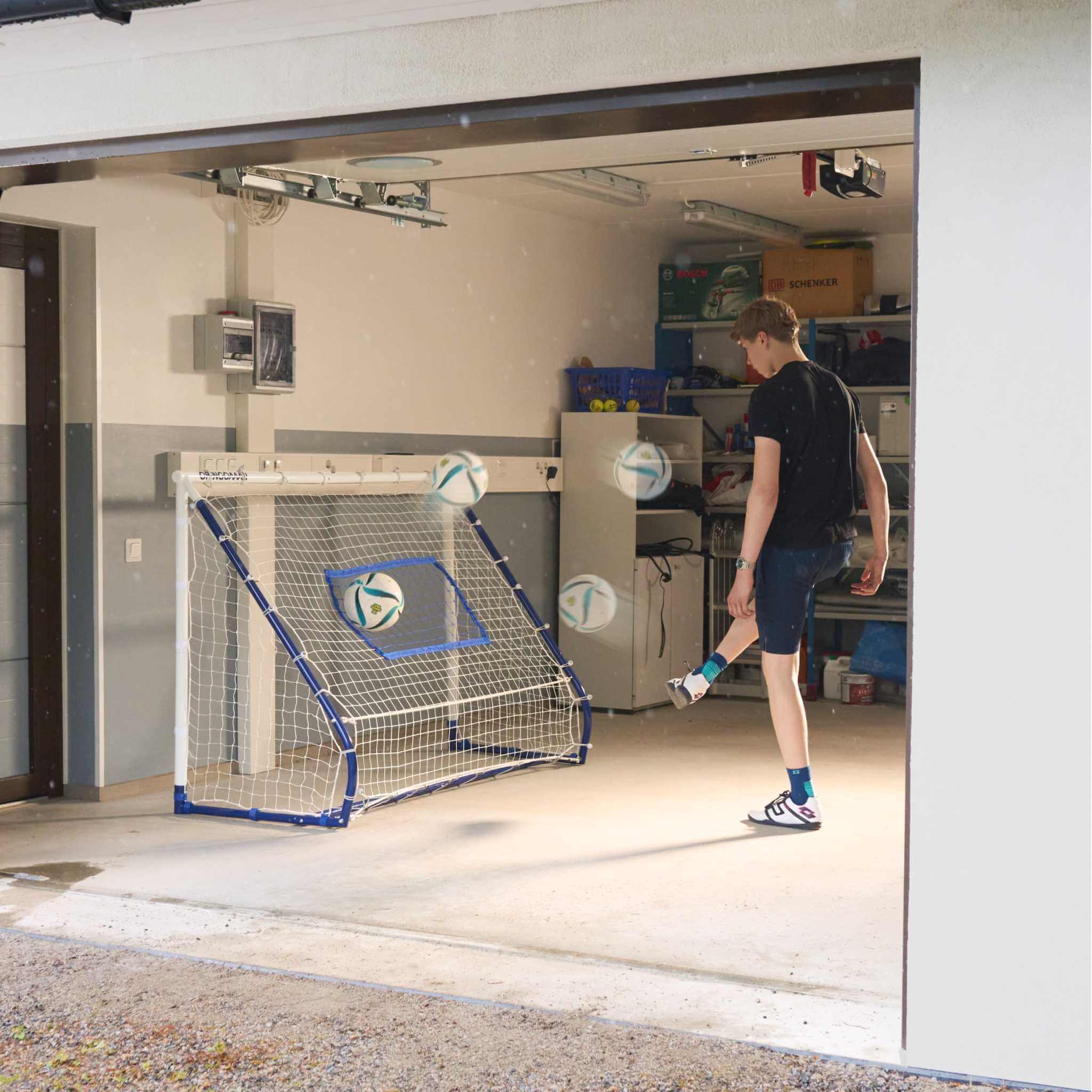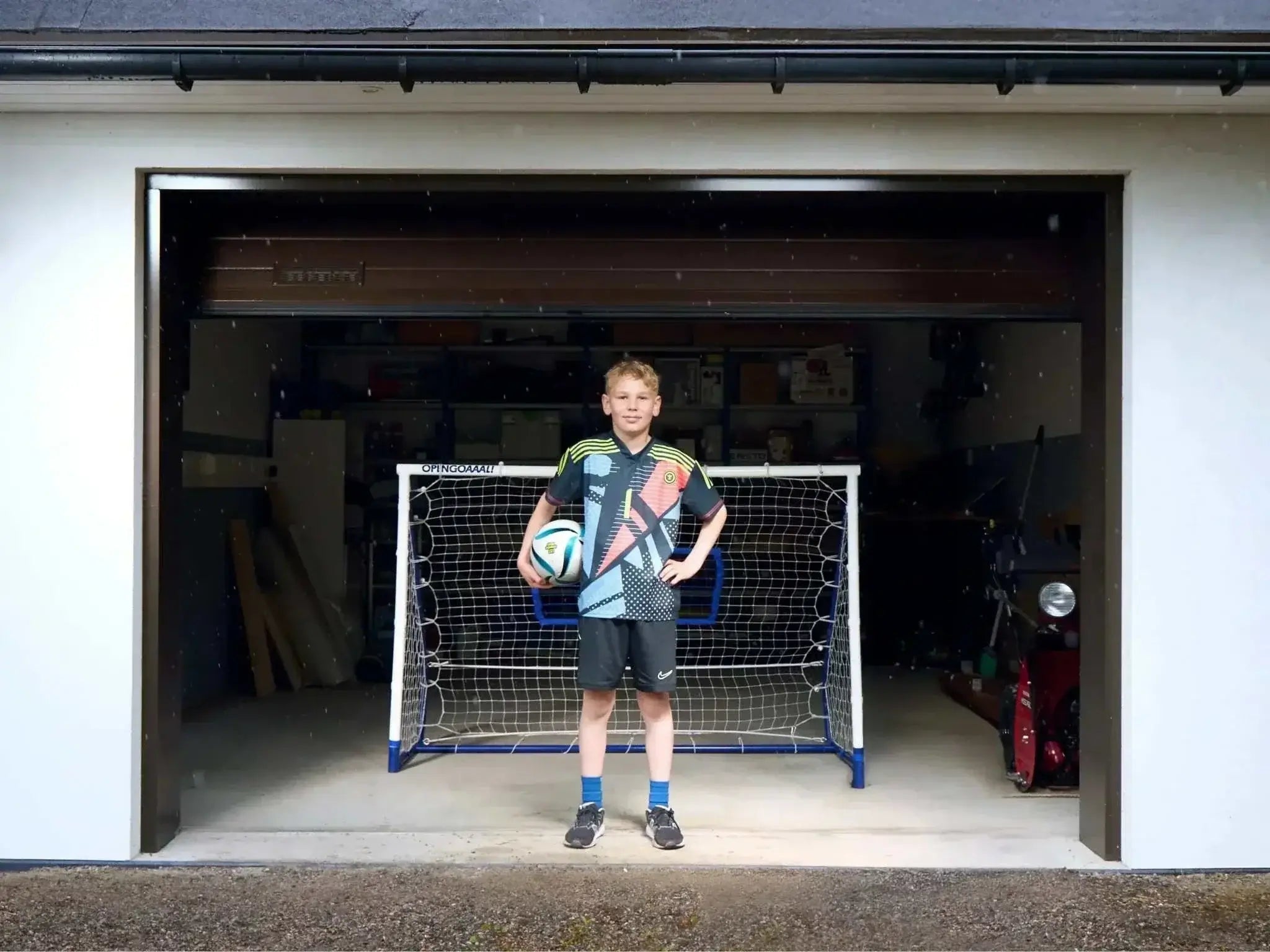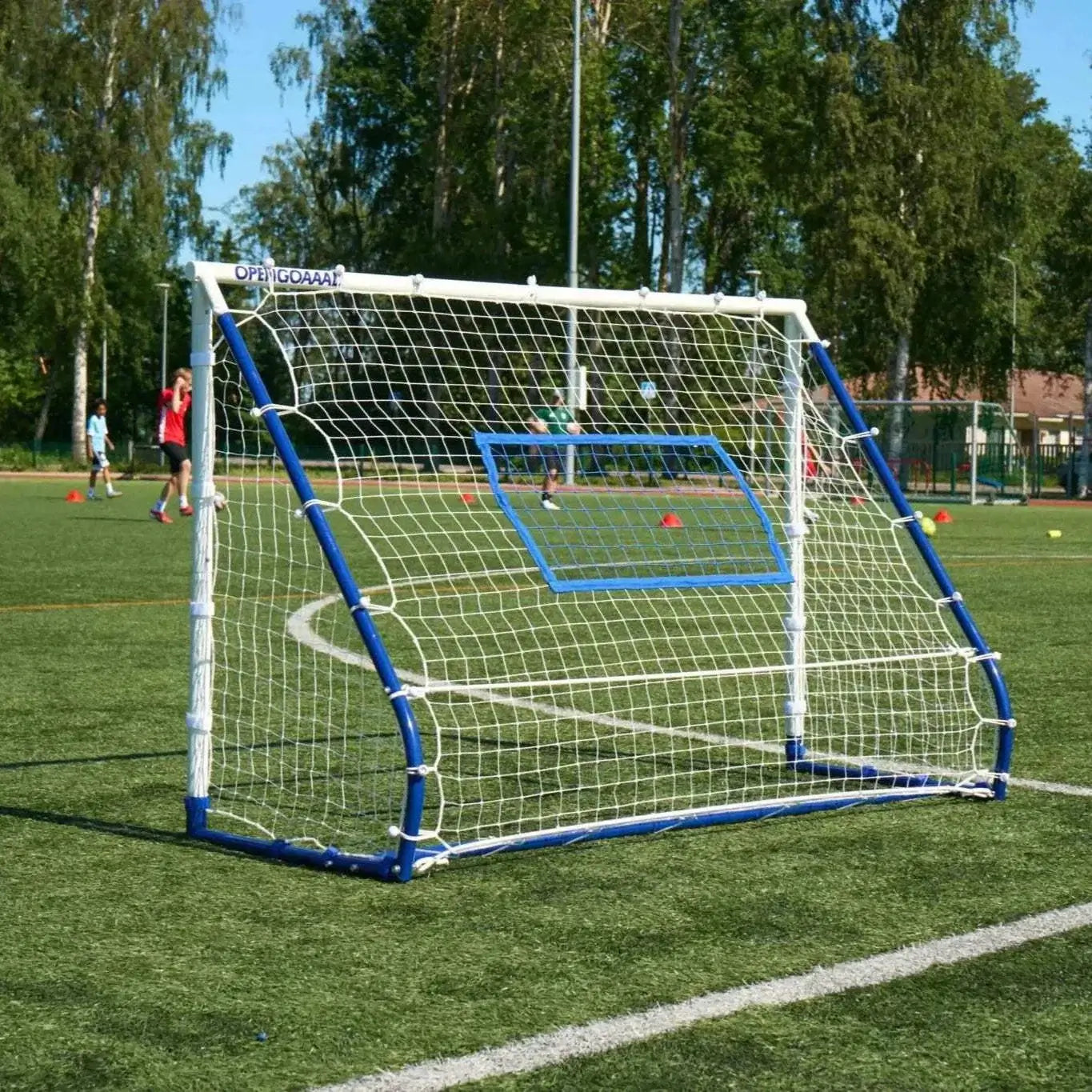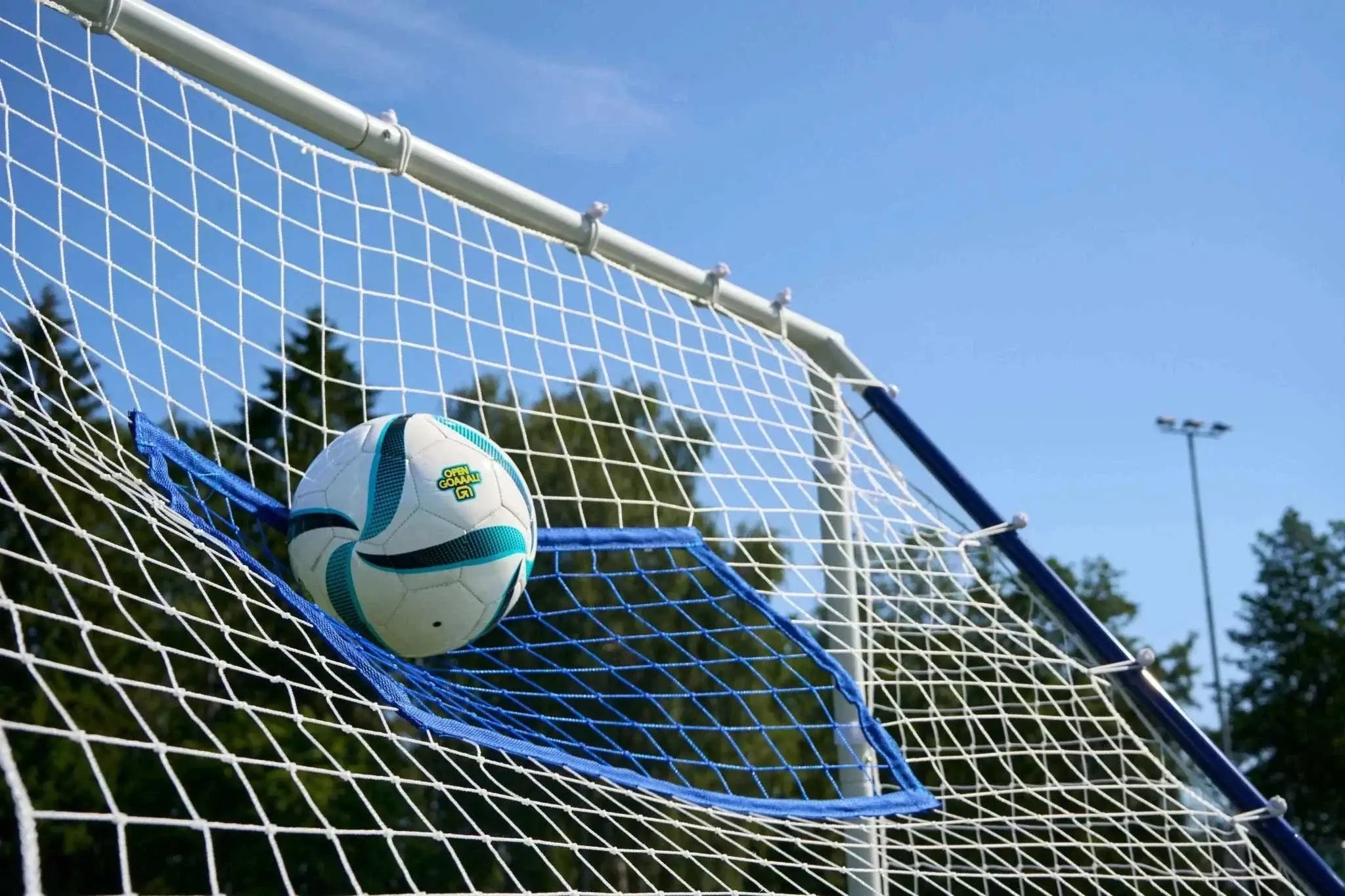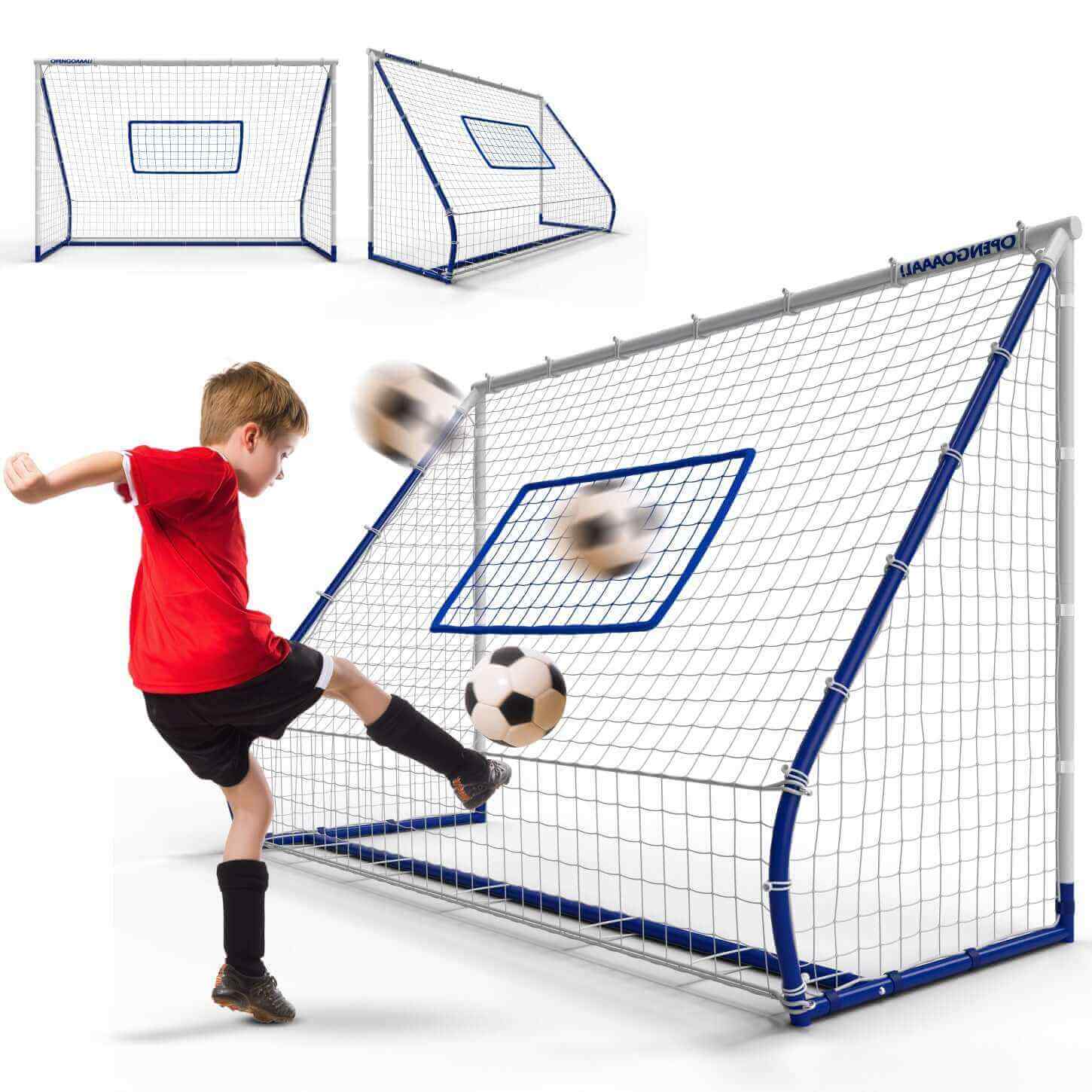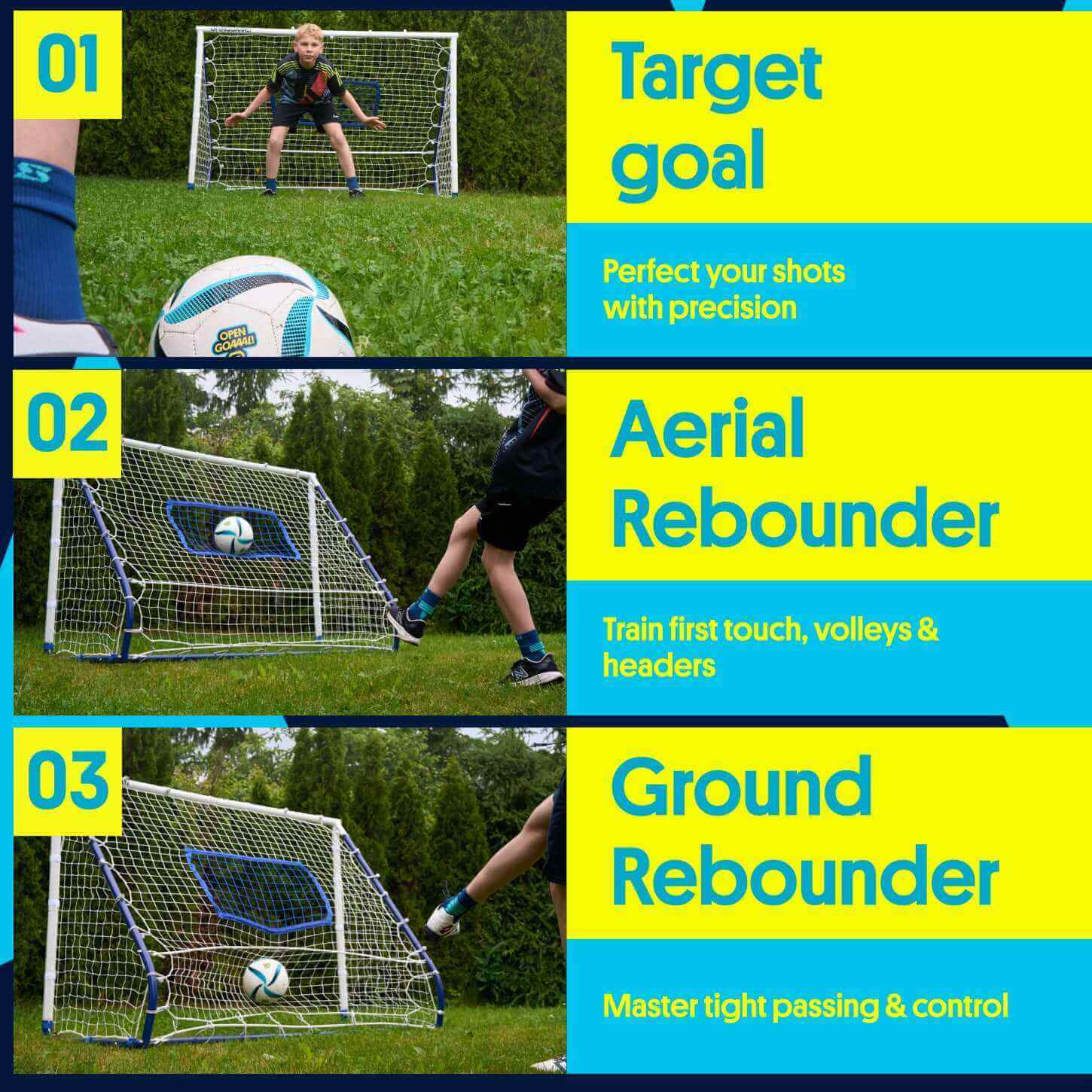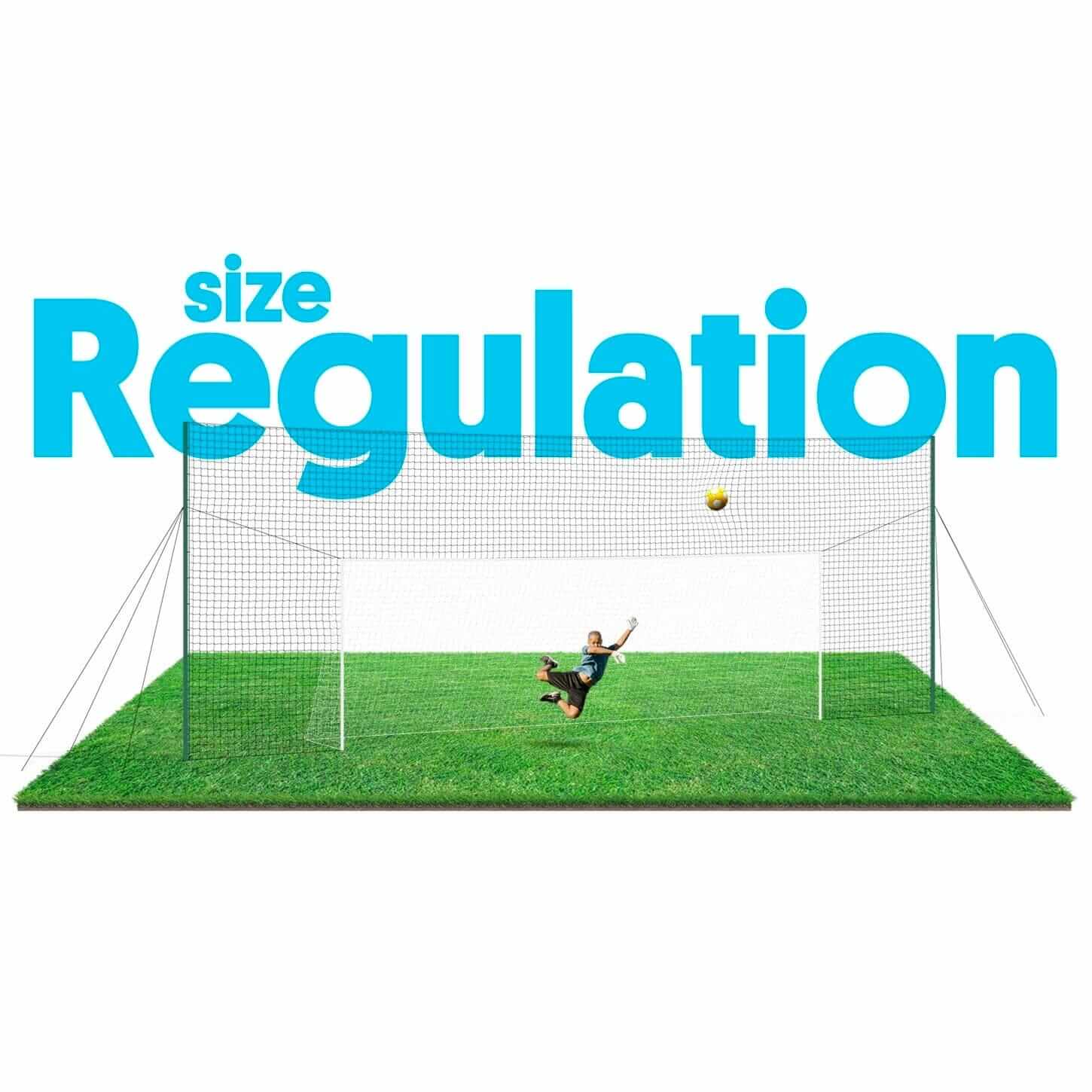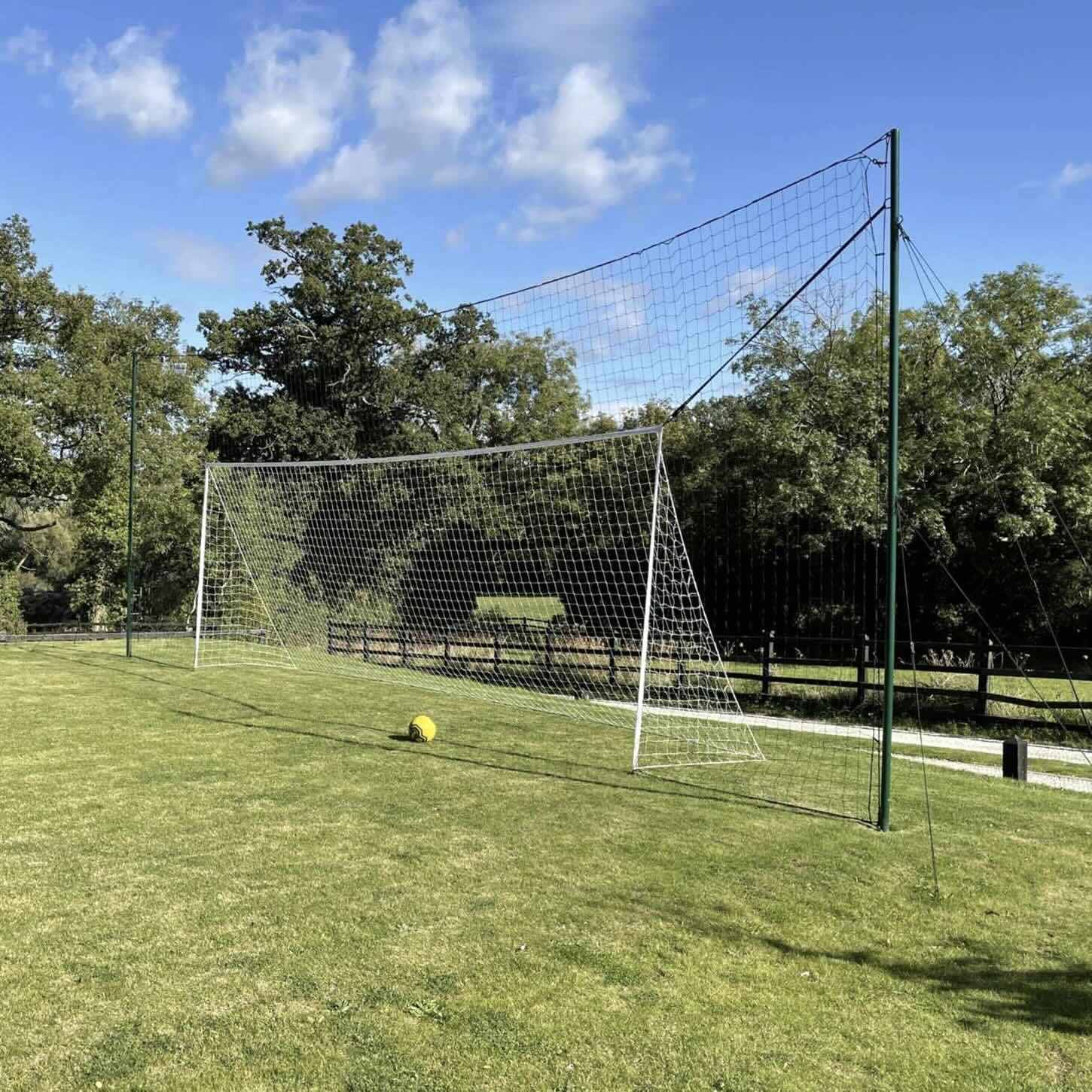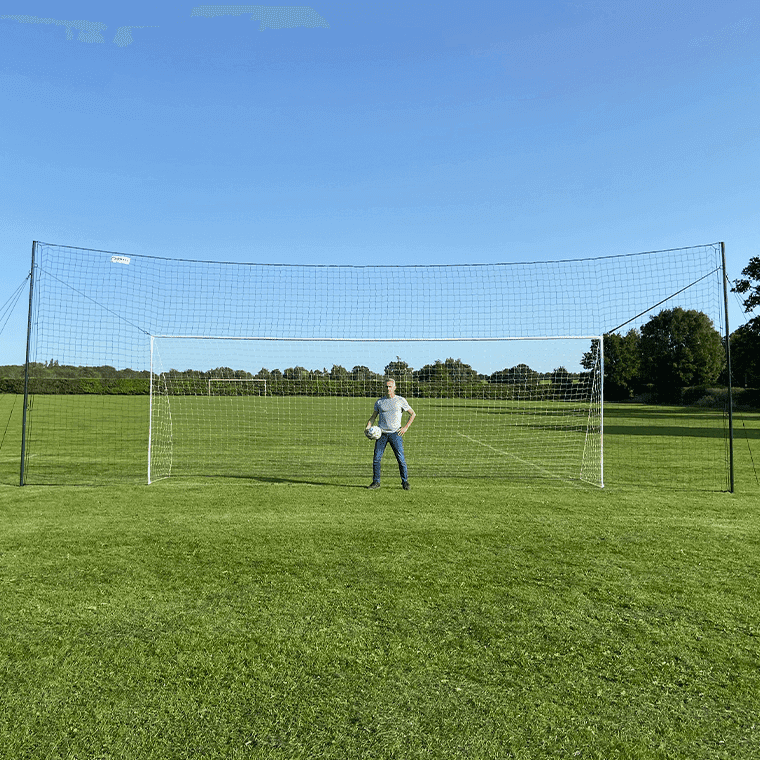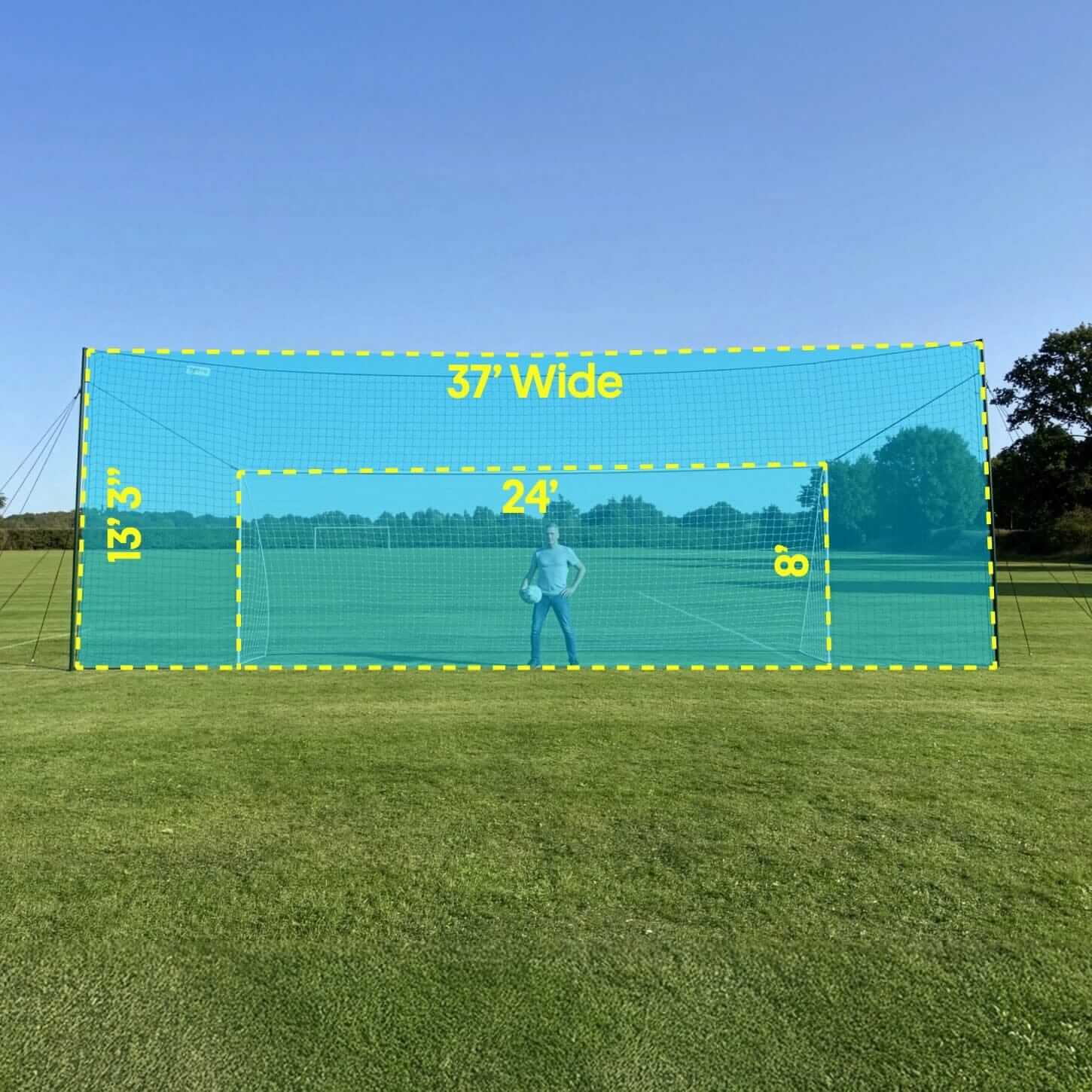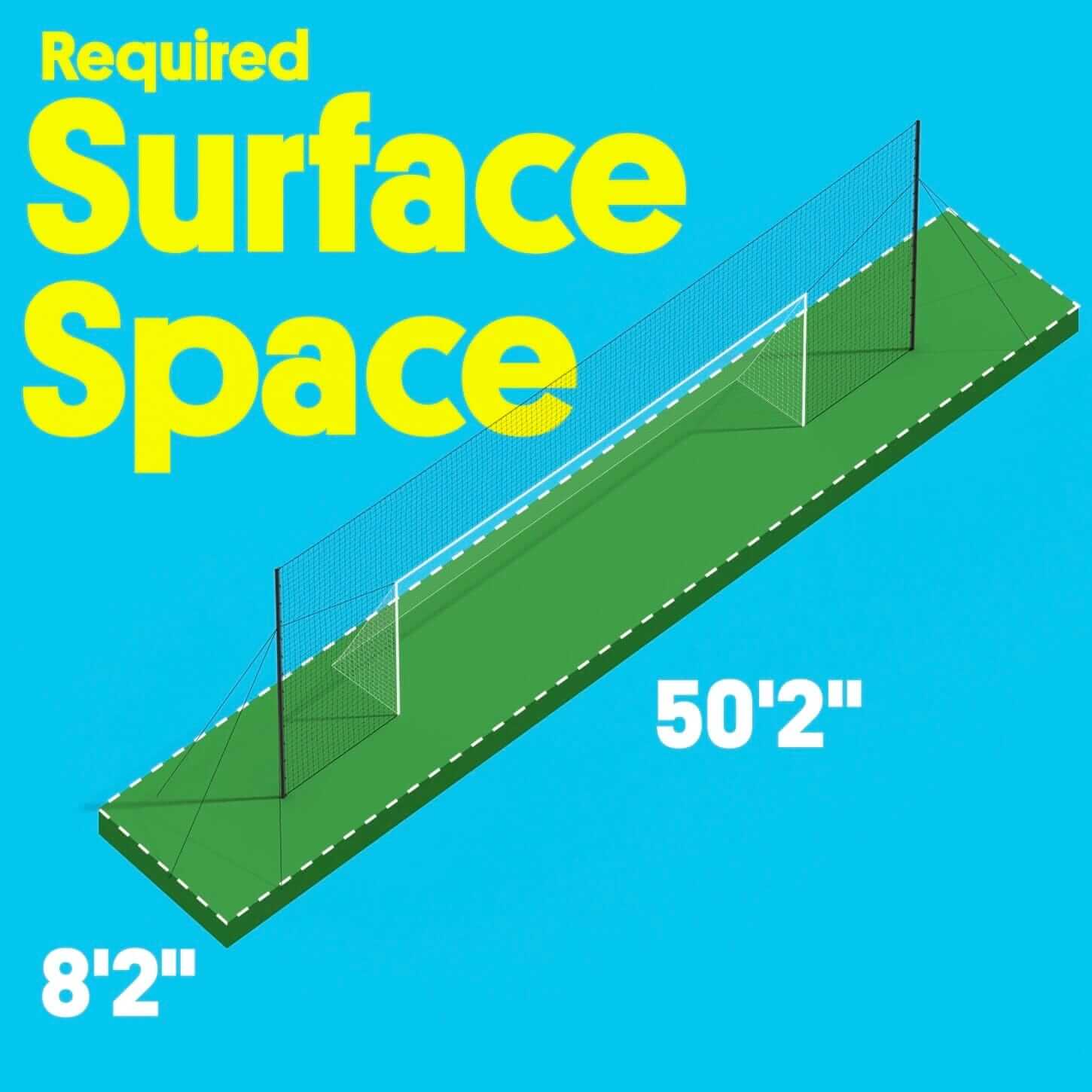In soccer, physical fitness and technical ability are crucial, but there’s another side to success on the pitch that is just as important: the mental game. Players who can control their emotions, stay focused under pressure, and build confidence have a distinct advantage over others. This is where soccer mental training comes into play. The ability to handle high-pressure situations and overcome setbacks is what separates great players from the rest. In this blog, we’ll explore key techniques to help you master the mental side of soccer, so you can improve your game to the next level.
Understanding the Mental Game in Soccer
When we talk about soccer, we often focus on physical fitness, technical ability, and teamwork. However, what often separates the best from the rest is their mental approach to the game. Being mentally strong allows players to handle pressure, make smart decisions, and recover quickly from mistakes. Understanding the mental game in soccer is essential for any player looking to excel.
The Role of Mental Toughness in Soccer
Mental toughness in soccer is the ability to remain strong and focused, even when things don’t go your way. Soccer is a game full of uncertainties—missed shots, wrong passes, injuries—and how you react to these setbacks determines your performance. Mentally tough players maintain their composure, continue to push through challenges, and make strategic decisions even in difficult moments.
For example, imagine you're in a tight game and your team is down by a goal. Without the mental toughness to stay focused and keep playing aggressively, you might lose faith and give up. Mentally strong players, however, will view setbacks as challenges to overcome, using them as motivation to push harder.
The Science Behind Soccer Mental Training
There’s a growing body of research that supports the effectiveness of soccer mental training in improving performance. Techniques such as mental imagery, positive reinforcement, and focused breathing can have a significant impact on a player’s ability to stay in control during a match. By training your brain, you can sharpen your focus, improve your decision-making skills, and build the confidence needed to perform at your peak, game after game.
Mental imagery, in particular, is a proven tool. Players visualize themselves performing well under pressure, which helps their brains rehearse for real situations. This technique, along with deep breathing to calm nerves, plays a vital role in reducing anxiety and maintaining focus.
Building Confidence through Mental Drills
Confidence on the soccer field doesn’t come from luck—it’s built over time through practice, mental preparation, and deliberate training. For many players, mental drills can be just as impactful as physical drills when it comes to developing confidence. In this section, we’ll dive into specific soccer confidence drills that help players gain self-belief, stay resilient during tough moments, and learn how to become a better soccer player mentally by focusing on the mental aspects of the game.
Soccer Confidence Drills That Work
Confidence isn’t just something you’re born with—it can be developed through practice and dedication. One way to build your self-belief is by incorporating specific soccer confidence drills into your training routine. These drills can help you stay mentally strong, even during tough moments in a game.
Visualization is one powerful tool. Before a game, spend time picturing yourself making successful plays—scoring goals, making assists, or defending successfully. Your brain doesn’t always distinguish between imagined and real experiences, so this form of mental practice can boost your confidence.
Self-talk is another critical technique. Positive self-talk involves encouraging yourself with phrases like “I’ve got this” or “I’m in control,” especially when you feel pressure. Repeating these affirmations helps override doubts that can creep in during a game.
How to Become a Better Soccer Player Mentally
To become a better soccer player mentally, you need to develop a resilient mindset that keeps you focused on your goals, even when you face obstacles. This starts with consistency: always show up ready to train and play, no matter how you feel. Mental training requires discipline, just like physical training.
Setting realistic, incremental goals is another effective strategy. By focusing on small, manageable targets, such as improving your passing accuracy or positioning, you can steadily build your confidence. As you hit these goals, your belief in your abilities will grow.
In addition to setting goals, make sure to review your performances. After every game or practice session, reflect on what went well and where you can improve. This mindset of continuous improvement will help you maintain confidence over the long term.
Boost Your Training with a Soccer Goal that Keeps You Focused
Sharpen your mental game and skills by practicing with a goal designed to help you train like a pro, right in your backyard.
Staying Focused Under Pressure
Soccer is fast-paced and full of pressure-filled moments, whether it’s defending a one-goal lead in the final minutes or preparing for a penalty shootout. The ability to stay focused and composed when the pressure is on is what defines top-level players. In this section, we’ll discuss techniques to maintain concentration during high-stakes moments, how to overcome common mental barriers, and how soccer mental training can help you stay sharp no matter the situation on the field.
Overcoming Mental Barriers in Soccer
Every soccer player faces mental barriers at some point, whether it’s a fear of failure, performance anxiety, or a lapse in concentration. These challenges can severely impact your game if not addressed. The good news is that there are effective ways to overcome them.
One common barrier is performance anxiety, where players feel overwhelmed by the importance of a match. When the pressure is on, focus on controlling what you can: your effort, your positioning, and your decision-making. Acknowledge the pressure, but don’t let it dominate your thoughts.
Another barrier is the fear of failure. Mistakes are inevitable in soccer, but mentally strong players know how to recover quickly. If you make a mistake, don't dwell on it. Shift your focus immediately to the next play.
Maintaining Concentration in High-Stakes Games
Whether you're playing in a final, taking a penalty kick, or defending during a critical moment, staying focused is key to performing well. Concentration techniques such as mindfulness and controlled breathing can help you maintain focus, even when the stakes are high.
Mindfulness teaches players to stay present in the moment. Rather than worrying about the outcome of the game or a missed opportunity, stay focused on the task at hand—whether that’s a pass, a shot, or your positioning. This focus will help you make better decisions and reduce unnecessary mistakes.
Controlled breathing is another valuable technique. When your nerves spike, practice slow, deep breaths to calm your body and refocus your mind. This simple technique can make a huge difference in keeping your concentration sharp.
Conclusion: Improve Your Game with Soccer Mental Training
In soccer, the mental game is just as important as the physical one. By focusing on soccer mental training, you can develop the confidence, mental toughness, and focus necessary to succeed on the field. Whether you're building your confidence through mental drills or learning how to stay focused under pressure, these techniques will help you become a more complete player. Remember, the work you do on your mental game can be the difference between a good player and a great one. Start incorporating these strategies into your regular routine and watch your performance soar.
FAQs
How does soccer mental training improve performance?
Soccer mental training improves performance by helping players develop mental toughness, focus, and confidence. This allows them to handle high-pressure situations, recover from mistakes quickly, and make better decisions during a game.
What are some examples of soccer confidence drills?
Soccer confidence drills include visualization exercises, where players picture themselves succeeding on the field, and positive self-talk, where they reinforce their abilities through affirmations.
How do I build mental toughness in soccer?
To build mental toughness in soccer, focus on staying resilient during tough moments, embracing challenges, and practicing strategies like mindfulness and visualization to stay focused and confident under pressure.
What are key strategies for how to become a better soccer player mentally?
To become a better soccer player mentally, work on setting realistic goals, practicing visualization, staying consistent with mental drills, and maintaining a positive mindset, even after setbacks.
How can I maintain focus during a high-pressure game?
Maintaining focus during high-pressure situations involves using mindfulness to stay present, controlling your breathing to stay calm, and concentrating on what you can control, rather than worrying about the outcome.



